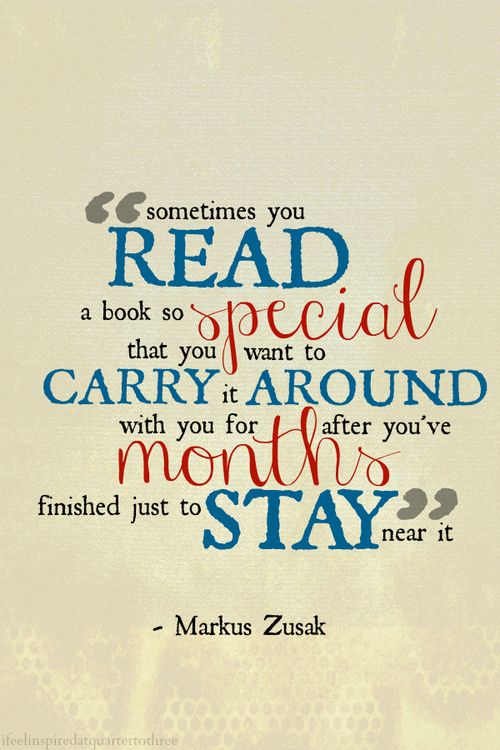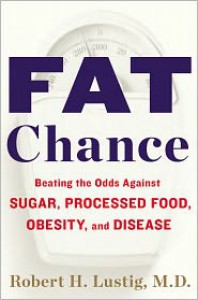
I first read this book when it came out, but I admit I skimmed it as quickly as possible to find out what happened. I set it aside for a year and picked it back up this past fall to give it a real read. Since the original three books were among the best fantasy I've ever read, I have been dragging through the past 13 years to get book 4 and 5. To be honest, listening to Martin talk about his writing process and the rest of the story, I have little to no faith that he will actually finish it.
*SPOILERS AHEAD*
I find that I'm still invested in the stories of the Stark children, and over the past two books, have really missed Robb and Lady Stark (despite her brief appearance as a zombie in Book 4). And when I stand back from book 4 and book 5 (which occur simultaneously in the timeline) the plot and the story are still compelling.
That said, there are some serious problems with Martin's writing. Whereas the first three books, though chunky and dense, were tightly constructed and fast-paced, I found Books 4 & 5 to be bogged down and sluggish. With the exception of the Reek chapters, which had a pall of fear and horror over them, the pacing was way off. The problem is structural, not with Martin's imagination, his world, the overall story, or his wordcraft.
First, Martin continues not only to introduce new characters, but to give these new characters full chapters and whole story lines that seem to be tangential to the main characters and the central plot lines. I think this is one of the things people were complaining about with Book 4 with the Dorne princess chapters, etc. I'm not against new characters per se, but the problem is that Martin had already established a forceful narrative with many different points of view in the first three books, so these new lines feel either extraneous or sidetrips from the central story; they could have been told as asides or omniscient narration or character musings with the main characters. It's just too much. From what I have read, Martin himself has a hard time keeping track of everyone.
Secondly, and for me more detrimentally, Martin's world building has been turned up to 11. He's got backstories and histories coming out of his ears. He needed to make the tough choices to CUT and EDIT it out. You need to have enough of those details so that us geeks get our imaginations on, but not so much that the story declines in quality and aesthetics. Much of this could've been included in appendices or in a companion wiki rather than grinding the forward momentum of the plot to a halt. When you read a chapter by a character who has been around since book one, but who has never had a POV chapter of his own (e.g., Selmy) and you spend 15 pages rehearsing his personal history and failings and regrets and rehash the history of the kings and the marriages and the battles ... It's bloody exasperating. Too many notes.
I have two more problems that are about content, rather than structure.
Third, these books have always been unflinching in their treatment of patriarchy and misogyny, and I have applauded them for that in the past. But it seemed to me that a corner had been turned in the 5th book, where we moved from frank portrayal of gender violence to porn, where every chapter had a woman with her breasts cut off, gang raped, humiliated, objectified, bought and sold, her "sex" hair described, or beaten bloody. Is there not a single man in all of the Westeros or Essos who sees something besides a wet warm hole for his prick when he looks at a woman? The effect is worsened by the debasement of Cersei at the end of B5. I am no fan of Cersei, but she *is* a strong, powerful, cunning, and Machiavellian woman how usurps masculine tropes of power and uses them as her own. And she is stripped of all of that for sexual sin by a church? And her family allows this to happen? Even Daenerys is traded and married off like a whore to the Harpy to buy peace. Yes, Martin has given us a complex and contradictory portrayal of woman, but the weight of the matter shifted in Book 5 and slammed heavily to the side of hatred of women and regaling in their humiliation in an act of literary prurience.
Fourth, while there had been moments of character homophobia through out the five books, starting with descriptions of the Knight of Flowers in book 1, it wasn't until B5 that again it just seemed like either a note to keeping clanging at over and over again, or a collective need within the world to assert the worst kind of masculinity. Again, not implausible as such, but is there NO ONE in the entire world with a different view of homosexuality? Every single character who may have been queer in some way (either by gender or sexual desires) was humiliated and, usually, murdered. They would appear briefly—like the half maester on Victarian's ship—and then suffer an ignominious death. We also get horror at masculine women (Brienne in B4) and titilating images of Cersei and Daenerys having sex with their maids. Of course the patriarchy that abuses women is the same one that punishes and murders effeminate men, so it makes sense to some degree. What doesn't make sense is the lack of real queer characters, even if oppressed in Westeros/Essos, who have lives and feelings and agency. The HBO series has tried to fix this with their character shift of Renly into the Knight of Flowers' lover (probably because at least one of the producers is gay). But in the books we end up with gay panic, violence, rape, torture, murder of deviants (i.e., gay men). It was exasperating.
On both points, patriarchy and homophobia, as I was ready Book 5, it became increasingly difficult to distinguish between what was Martin and what was the world he had built. Its prevalence and violence made it feel like a theme rather than a setting or characterization.
For all that, there were some really great plot & character advancement in booth Books 4 & 5: Jaimie gets humanized and explained and becomes somewhat sympathetic; Brienne brings a welcome twist to the paladin mythology as her sense of honor leads her on; Arya's quest to become a faceless one and her training is gripping, and challenges both notions of identity and the costs of vengeance; Bran's transformation into the Elder Tree was a fantastic turn in these very magic-light tomes, and raised many questions about lore, power, and magic that I hope we will come to understand (and hints that Bran was talking to Theon through the Godswood in Winterfell was very cool); Theon, whom we despise after his craven treachery, becomes pitiable, and his story continually pokes at questions of family and identity, belonging, honor, and the punishment for crimes committed and the nature of justice; Cersei's plotting in B4 was both disgusting and fun. Too little about Sam and his story gets dropped at the beginning of B4. Tyron's story was mixed for me. He was among my favorite characters after B3; but in B5 his story just becomes a series of bizarre coincidences and bad luck; I actually found it getting tedious by the time he was captive again on the ship. Jon, my favorite character, shone in B5, and his untimely demise yet another Stark murdered by treachery, victim of cosmic injustice (although most people on the internet are convinced he isn't actually dead) was another blow to my own enjoyment of the book, as I have been from the beginning a Stark man. Oh and the bureaucratic, lovesick Daenerys is a travesty and a betrayal of her character, in my opinion. Ugh.
I will continue to read the books—if they ever get written—because my emotional investment in the characters are so high. But I cannot help but see massive problems in these last two books and feel disappointment at where my favorite characters' lives have led them.























